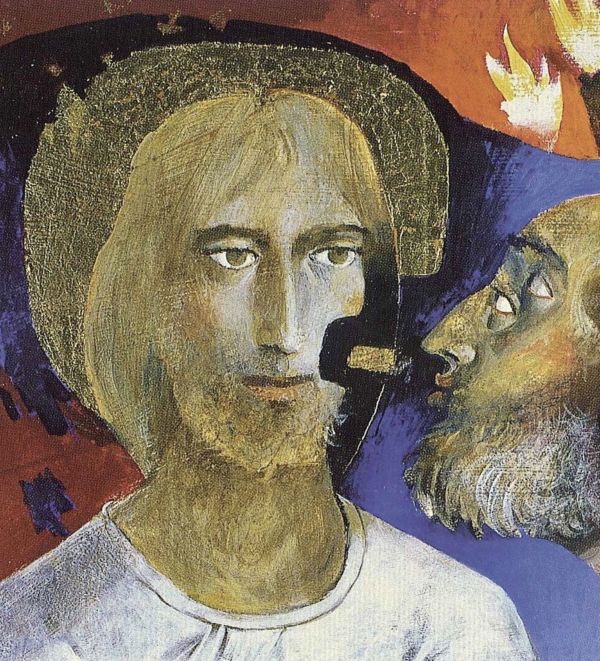In today's Gospel Jesus calls those who listen to love those who behave as enemies.
«Love your enemies, do good to those who hate you» (Lk 6:27).
Francis loved those who mocked and judged him - and invited his brothers to do likewise.
The Poor Man of Assisi had come to know Christ and, according to the Word of the Gospel, he committed himself to love everyone, even those who behaved as his enemies; to give as much as he had to the poor.
In fact, in the Franciscan Sources we find various episodes that signify these circumstances.
We read in the Admonitions he wrote:
"The Lord says: 'Love your enemies [and do good to those who hate you, and pray for those who persecute and slander you].
For truly he loves his enemy who does not grieve for the insult he does him, but burns in his innermost self for the love of God because of the sin of his soul. And let him show his love by his works" (FF 158).
The same father, who detested Francis' choice of poverty, persecuted him, driving his son into hiding.
The Sources attest:
"But Francis, an athlete still in his infancy, having been informed of the threats of the persecutors and anticipating their coming, wanted to leave time for anger and hid himself in a secret pit. He remained hidden there for some days, and in the meantime he unceasingly supplicated, amidst rivers of tears, to the Lord, that He might deliver him from the hands of the persecutors and bring to fulfilment, with His goodness and favour, the pious intentions He had inspired in him" (FF 1040).
And again:
"He went to visit [...] the tomb of the Apostle Peter. It was on this occasion that, seeing the great multitude of beggars before the door of that church, moved by a gentle compassion, and, at the same time, allured by the love of poverty, he gave his clothes to the neediest of them and, covered in their rags, he spent the whole day among the poor, with unusual joy of spirit" (FF 1037).
Giving had become for the Poverello the a-b-c of his daily living of the Word of God.
«...for with the measure wherewith ye measure, it shall be measured unto you» (Lk 6:38)
Thursday, 23rd wk. in O.T. (Lk 6,27-38)












